Judges have been dealing with an increasing number of cases where lawyers have been caught using AI-generated case citations, a phenomenon one judge referred to as an "epidemic" that is bogging down courts. According to a database compiled by French lawyer and AI researcher Damien Charlotin, 23 cases have been reviewed where lawyers were sanctioned for AI hallucinations. In many of these cases, judges noted that the simplest path to avoid or diminish sanctions was to admit that AI was used as soon as it was detected, act humble, self-report the error to relevant legal associations, and voluntarily take classes on AI and law.
However, not every lawyer takes this path of least resistance, and instead offers excuses that judges find unconvincing. The most popular excuse, according to Ars' review of the cases, is that the lawyer did not know AI was used to draft a filing. This argument was made by a California lawyer who claimed not to have realized that AI was generating the citations. In another case, a lawyer from New York argued that they had not intended to use AI, but had simply been "overwhelmed" by the volume of work and had inadvertently relied on AI-generated citations.
Judges have been unimpressed by these excuses, with one judge concluding that the lawyer's claim of ignorance was "not credible." In fact, many judges have found that lawyers who deny using AI are often the ones who are most likely to have been caught using it. "It's not just a matter of not knowing how to use AI," said Judge Sarah Jones, who has presided over several cases involving AI-generated citations. "It's a matter of understanding the implications of using AI in a legal context, and being willing to take responsibility for one's actions."
The use of AI-generated case citations has been a growing concern in the legal community since 2023, when fake AI citations started being publicized. The issue has sparked a debate about the role of AI in the legal profession, and the need for lawyers to be transparent about their use of AI. As one lawyer noted, "AI is a tool, not a substitute for human judgment and expertise. Lawyers need to be aware of the limitations of AI and use it responsibly."
The implications of this trend are far-reaching, and have significant implications for the legal profession as a whole. As AI becomes increasingly prevalent in the legal field, it is likely that we will see more cases like these, where lawyers are caught using AI-generated citations. However, by being transparent about their use of AI and taking responsibility for their actions, lawyers can avoid sanctions and maintain the trust of their clients and the courts.
In recent developments, the American Bar Association has announced plans to develop guidelines for the use of AI in the legal profession. The guidelines are expected to address issues such as transparency, accountability, and the use of AI in high-stakes cases. As one lawyer noted, "The use of AI in the legal profession is a complex issue, and one that requires careful consideration and guidance. We look forward to working with the ABA to develop guidelines that will help lawyers use AI responsibly and effectively."
The use of AI-generated case citations has also sparked a debate about the role of AI in the legal profession, and the need for lawyers to be transparent about their use of AI. As one lawyer noted, "AI is a tool, not a substitute for human judgment and expertise. Lawyers need to be aware of the limitations of AI and use it responsibly."
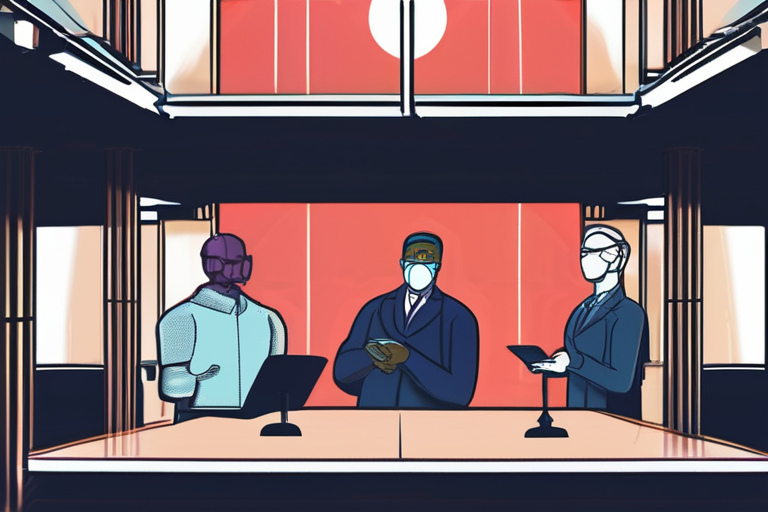

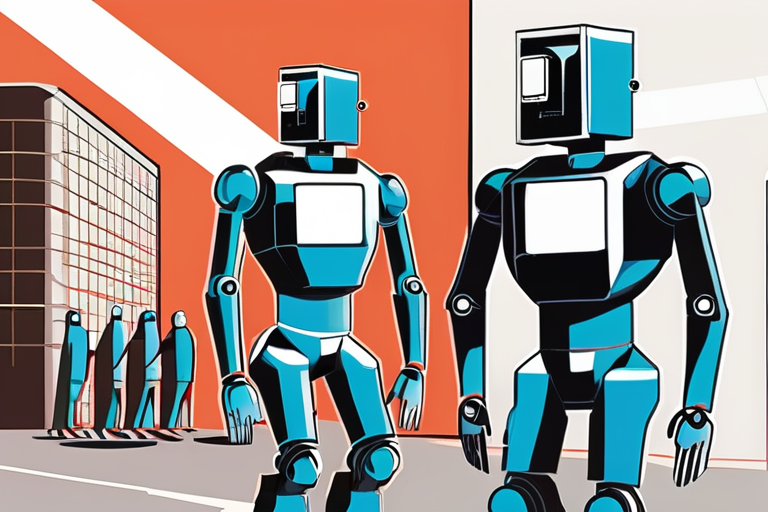
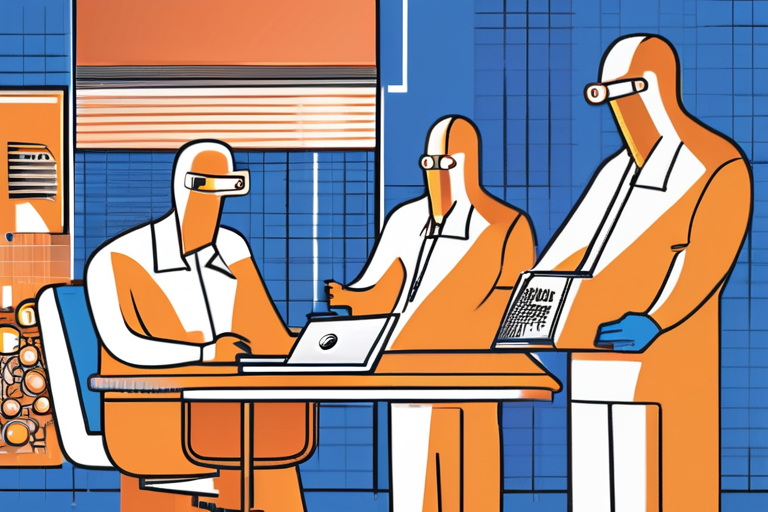
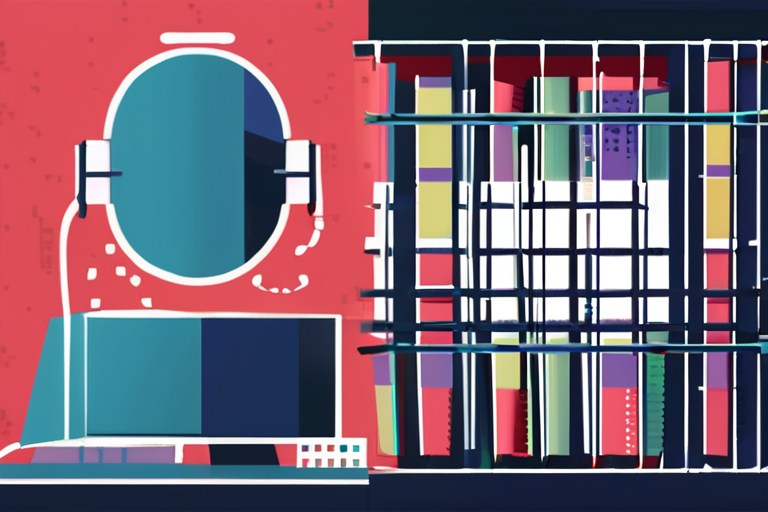
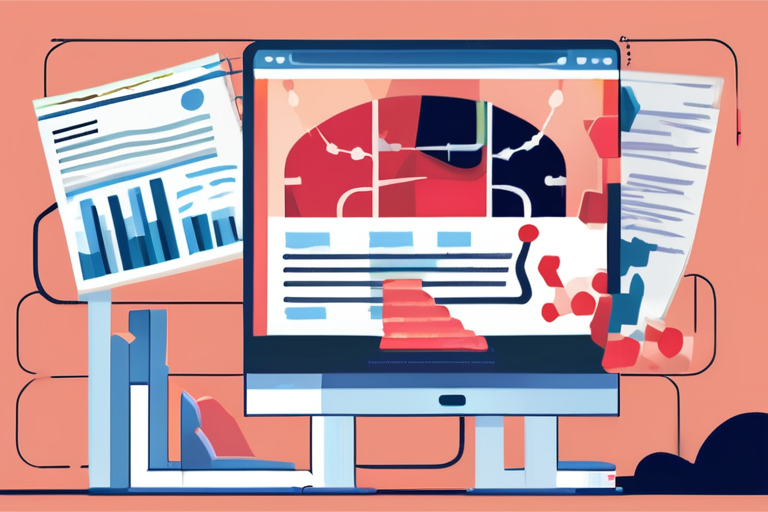
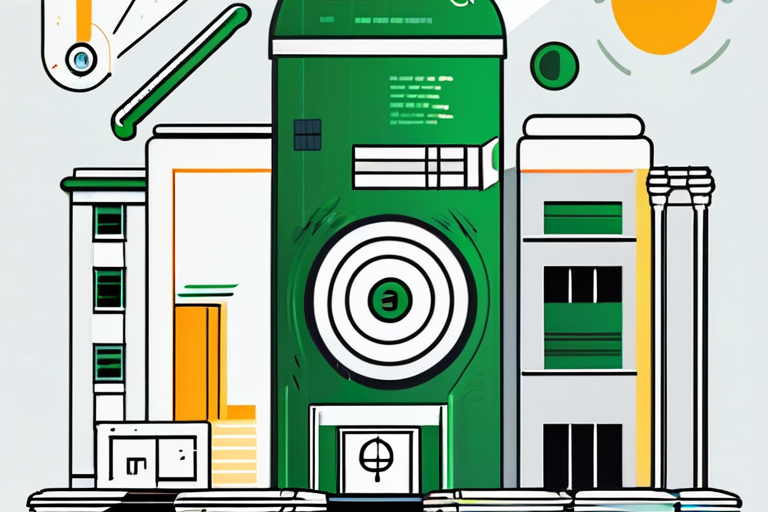
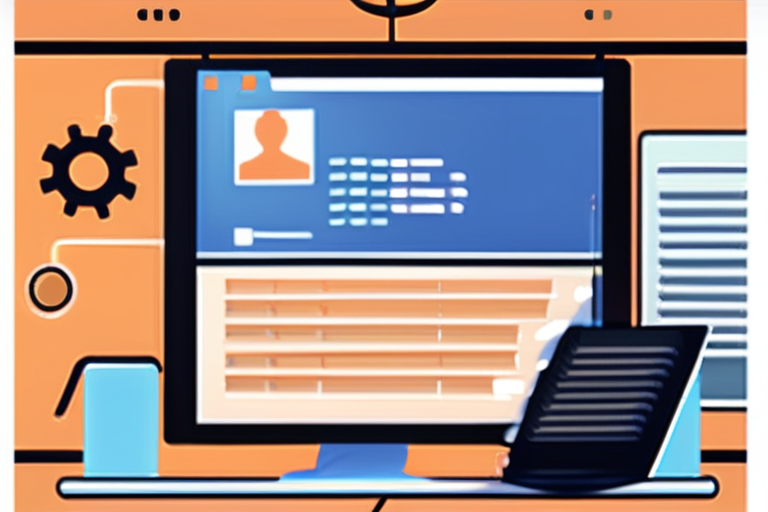

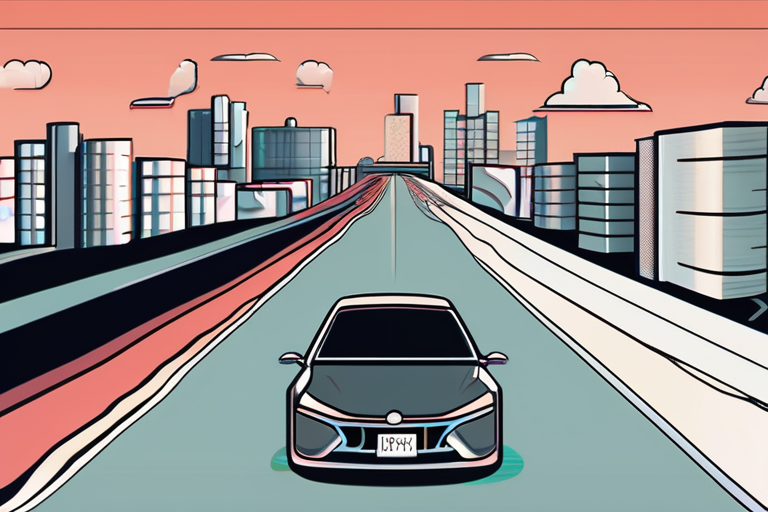
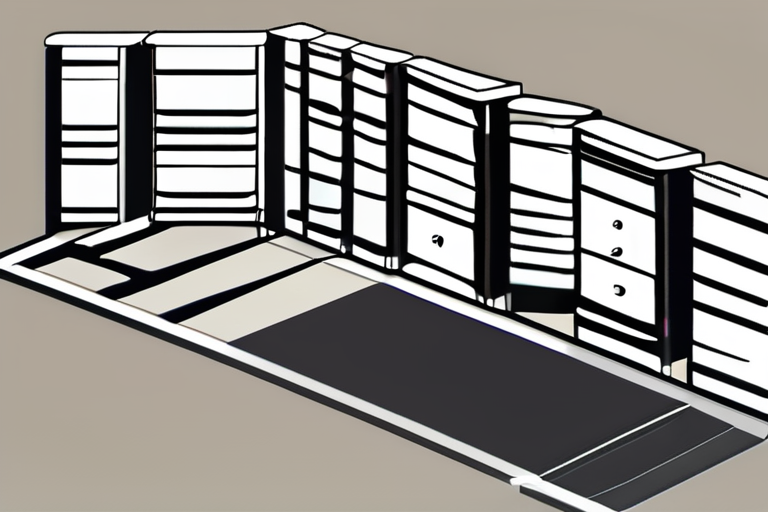
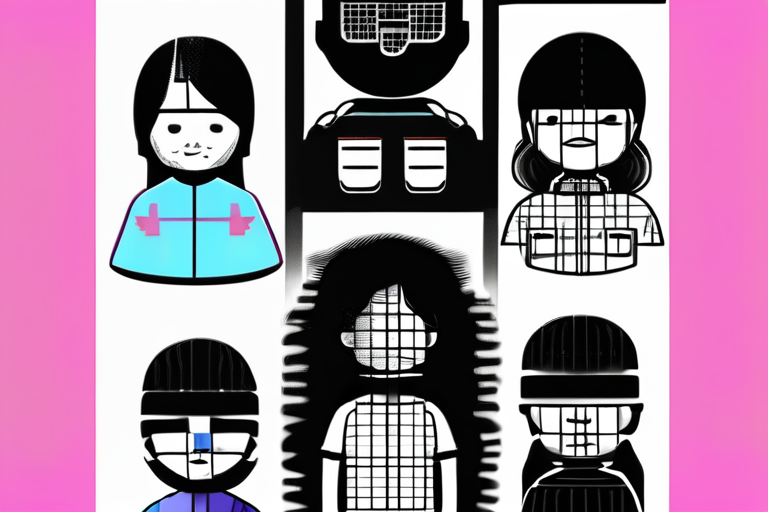
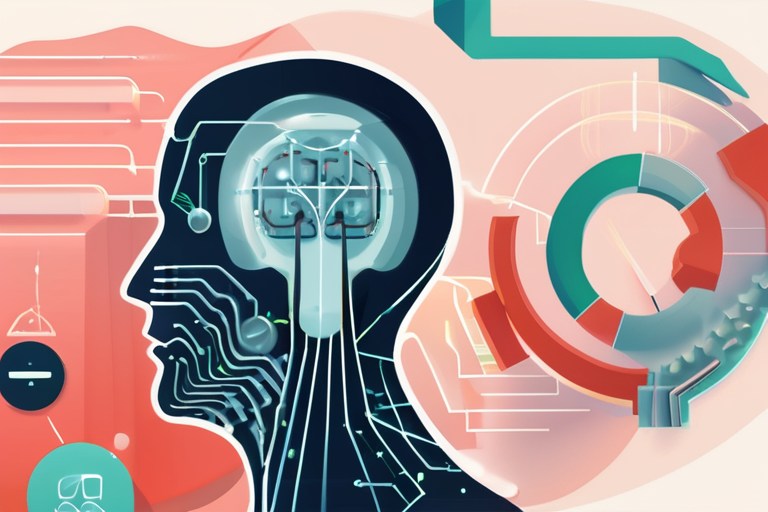
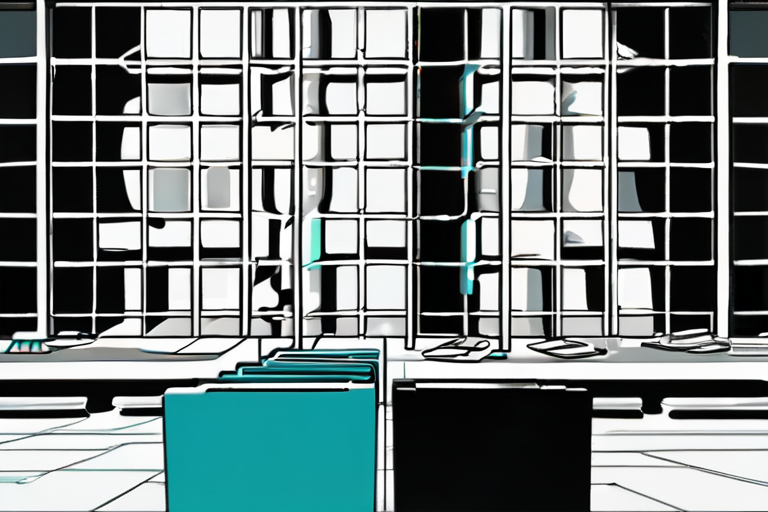
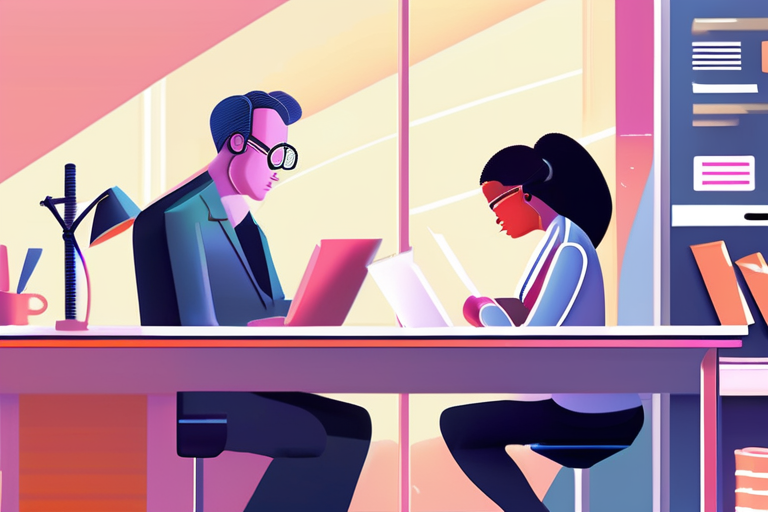
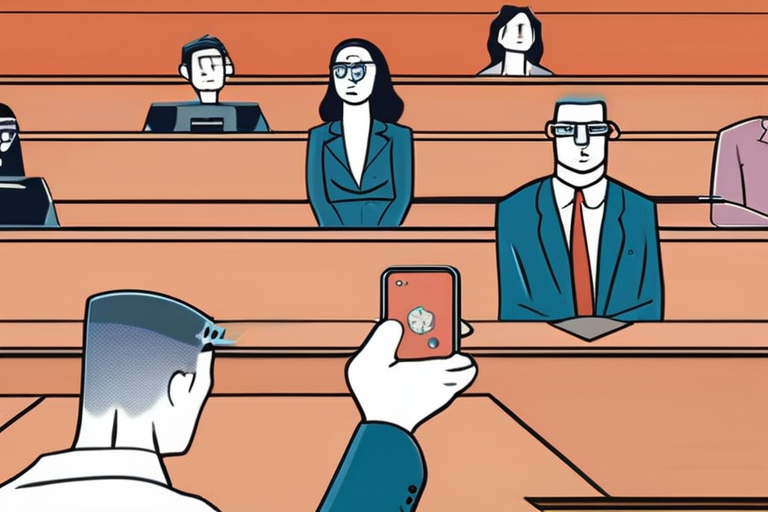

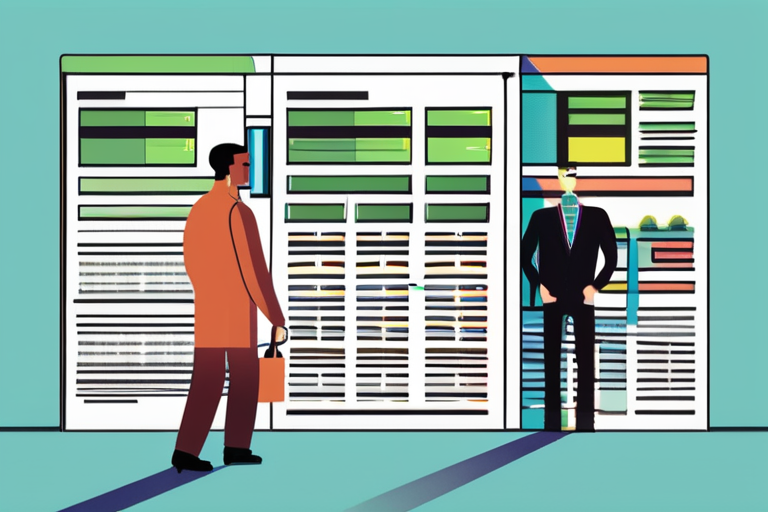

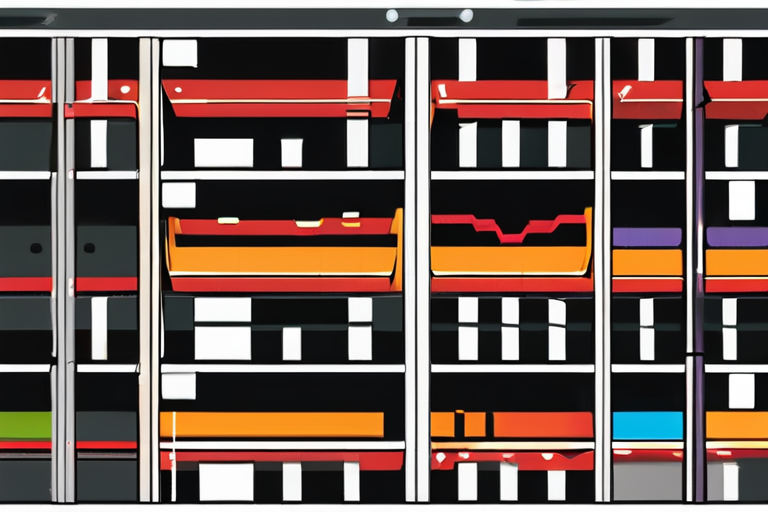
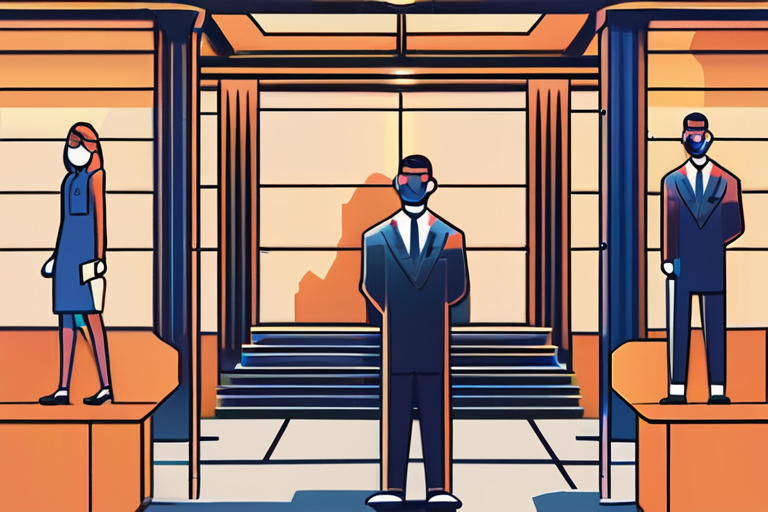
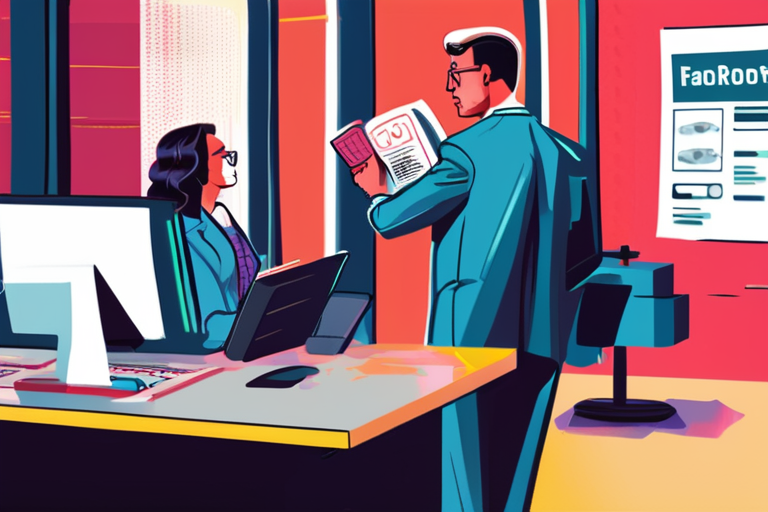
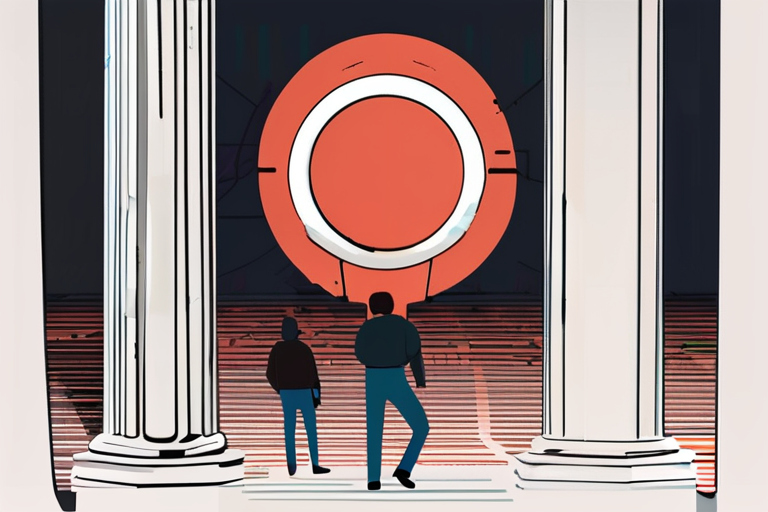
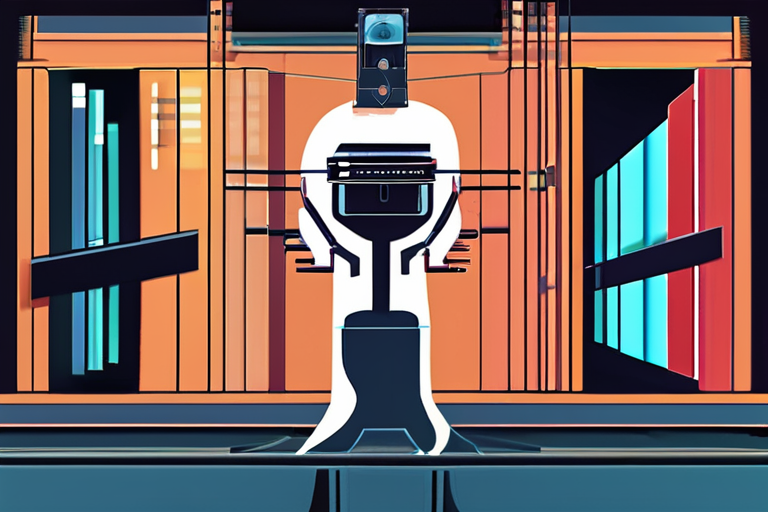
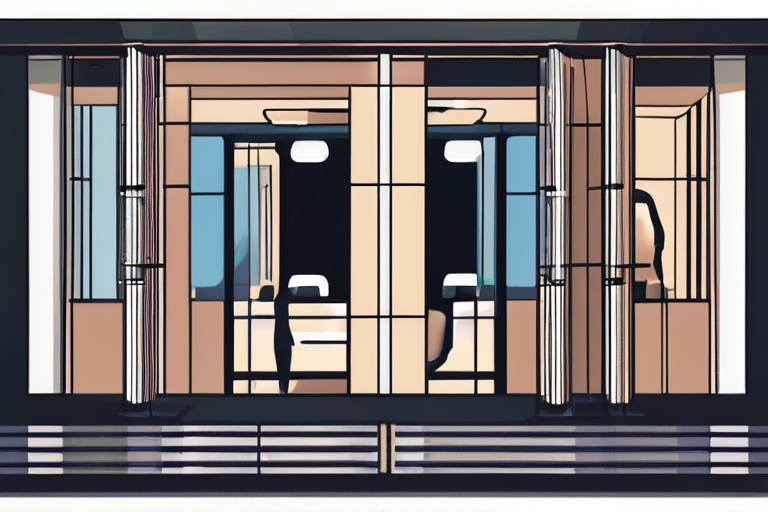
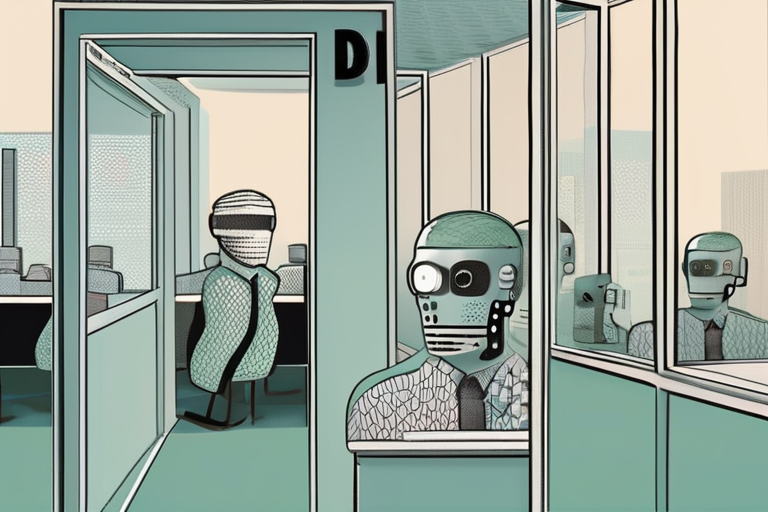
Share & Engage Share
Share this article